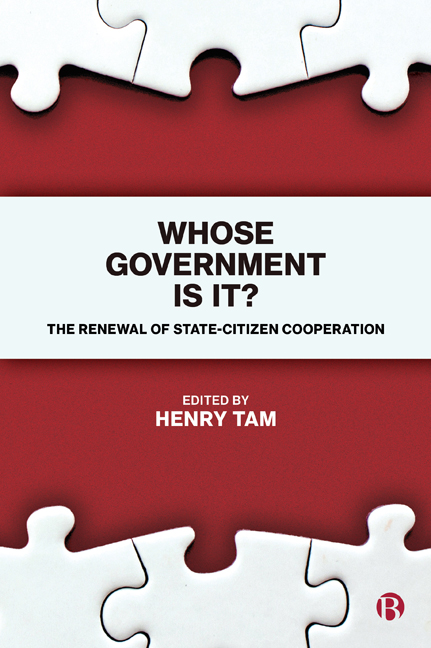4 - Deliberative Engagement with Complex Policies
Published online by Cambridge University Press: 27 April 2022
Summary
The democratic method is that institutional arrangement for arriving at political decisions in which individuals acquire power to decide by means of a competitive struggle for the people's vote. (Schumpeter, 1976, p 269)
Nick Pearce has shown that the scope for democracy to embrace deliberative engagement is highly contested (Chapter Two of this book). Even if the sweeping rejection of participatory democracy by theorists such as Christopher Achen and Larry Bartels (2016) does not command general assent, much of the current thinking about democracy still appears to rest on Joseph Schumpeter's narrow conception of the ‘democratic method’. The foundation of this view is that elections allow voters to make their interests clear for politicians and civil servants to act on. This assumption is flawed, not least because party manifestos cover a wide range of public policies, from the economy, education and health to the environment and foreign policy, for example. Within each of these domains, the manifestos of all parties are a mixture of concrete proposals, broad sketches of an approach to policy and even broader political philosophy. It would be a very rare voter who agrees with every policy contained within.
Furthermore, legislatures such as the UK Parliament are elected for five-year terms. As the distance between the last election and the next widens, the likelihood of voters’ interests changing increases. It is difficult to see how, even a couple of years after an election, elected representatives are supposed to ascertain their voters’ interests in response to the latest unexpected event.
It is therefore impossible for the few bytes of information transmitted by voters’ crosses on their ballot papers to convey the complexity of their interests across all the proposals contained within any party's manifesto. This does not mean we should toll the bell for representative democracy. Elections are important for determining broad political direction. They are also important as the ultimate accountability mechanism, putting the power to reject poorly performing governments or politicians into the hands of citizens. However, they are only one component of a functioning democracy.
Democracies develop a wide variety of mechanisms for collecting a clearer signal about the interests of their citizens. These include a wellfunctioning and plural media, a robust and diverse civil society, lobby groups, statutory consultations and more informal public engagement processes, for example.
- Type
- Chapter
- Information
- Whose Government Is It?The Renewal of State-Citizen Cooperation, pp. 57 - 72Publisher: Bristol University PressPrint publication year: 2019



